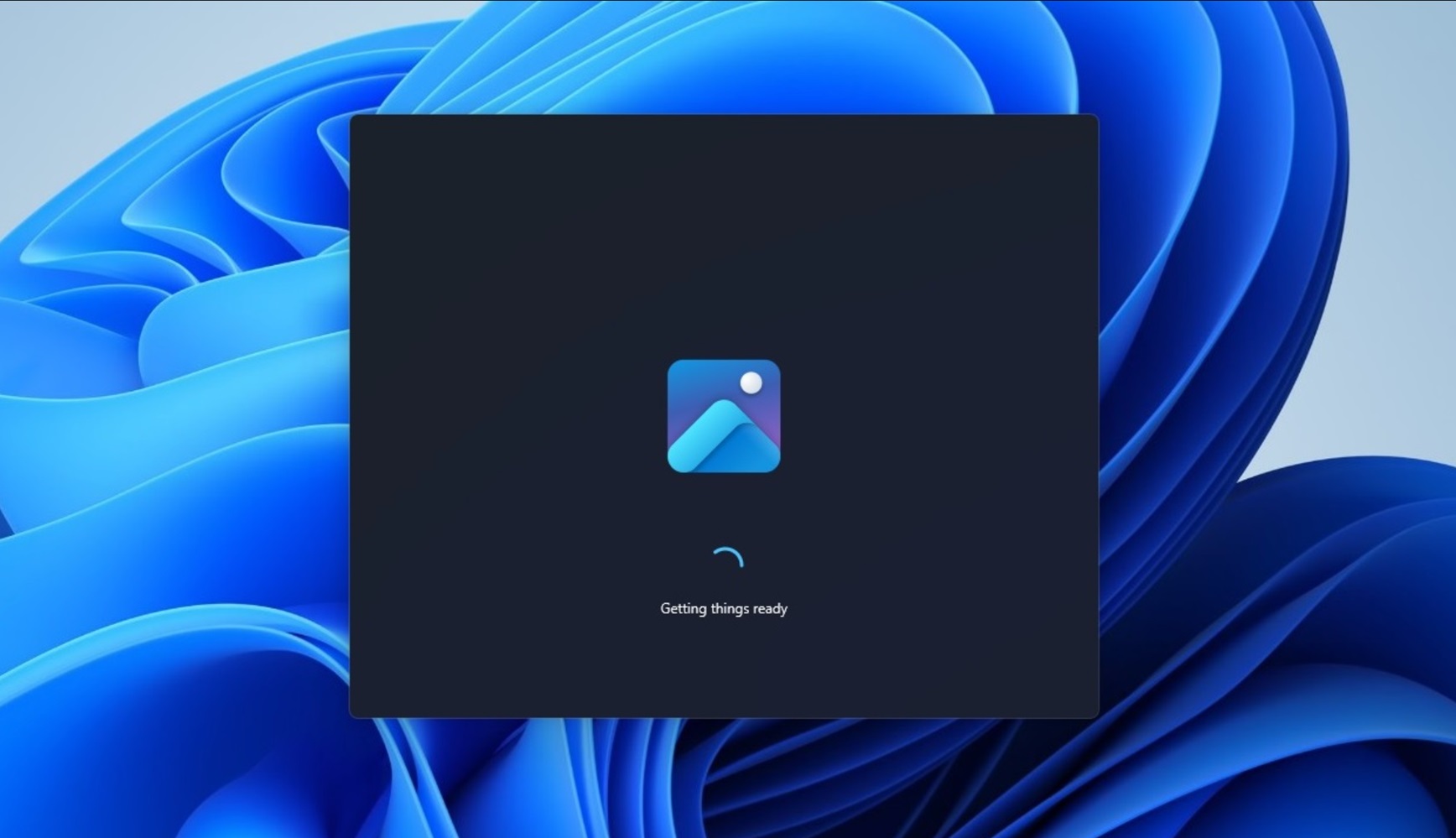Microsoft claims that Windows App SDK-based apps can now run significantly faster on Windows 11. Early tests show up to 50% improvement in load time, and 8x reduction in app package size. However, it’s worth noting that the results could vary and you’ll not notice the difference unless Microsoft or other devs update their apps.
For those unware, Windows App SDK isn’t a framework, but a set of tools that bridges the “API” gap between Win32 and UWP apps. It allows devs to use their preferred framework, like Win32, to build Windows apps with access to modern APIs. However, there’s a catch – Windows App SDK-based apps can be slow to launch.
Nearly every app built using WinAppSDK is either slow to run or has laggy animations, especially when you interact with buttons or other elements. I also pointed out the performance issues with the Photos or Phone Link apps, particularly the “splash screen” that takes longer than usual to disappear.
Microsoft also confirmed that its new Photos app is too slow to launch, and the workaround is to automatically run the app in the background.

Microsoft Photos isn’t the only app.
Other apps, like “Phone Link,” which links your Android phone or iPhone to Windows 11, also take longer than usual to open when you launch them for the first time after reboot.
Slow launch time isn’t the only concern. As some people have pointed out and we’ve also observed in our own tests, WinAppSDK apps might also feel sluggish. Since these modern apps rely heavily on Microsoft Edge WebView, they use more RAM than the classic or traditional Windows apps.
Thankfully, Microsoft is aware of this and has a fix.
While going through the support documentation, Windows Latest noticed a support document post from September 6 that confirms “Native AOT” support.
According to Microsoft, Windows App SDK now supports “Native AOT”, which refers to native Ahead-Of-Time (AOT) compilation. That’s something only app devs can implement when compiling their apps.
The updated apps have faster startup time, and they also consume less memory.
Initial tests show some interesting performance boosts, including:
- In early tests, Microsoft observed 50% faster launch time.
- App packages are now 8x smaller.
- Apps that use Windows App SDK in a self-contained mode are also two times smaller.
Native AOT support could be a big deal for Windows App SDK and modern Windows 11 apps, such as Photos and Phone Link.
It’s also important to note that Microsoft no longer bundles hard-coded Edge WebView2 SDK into Windows App SDK, which reduces the size of apps. Instead, it uses NuGet to access Edge WebView2 SDK when needed.
These changes do not directly make apps faster on Windows 11, but as and when Microosft and other devs start using WinAppSDK 1.6 with native AOT, you’ll notice faster performance, including reduced memory usage.
The post Microsoft promises “incredible performance boost” for modern Windows 11 apps appeared first on Windows Latest
